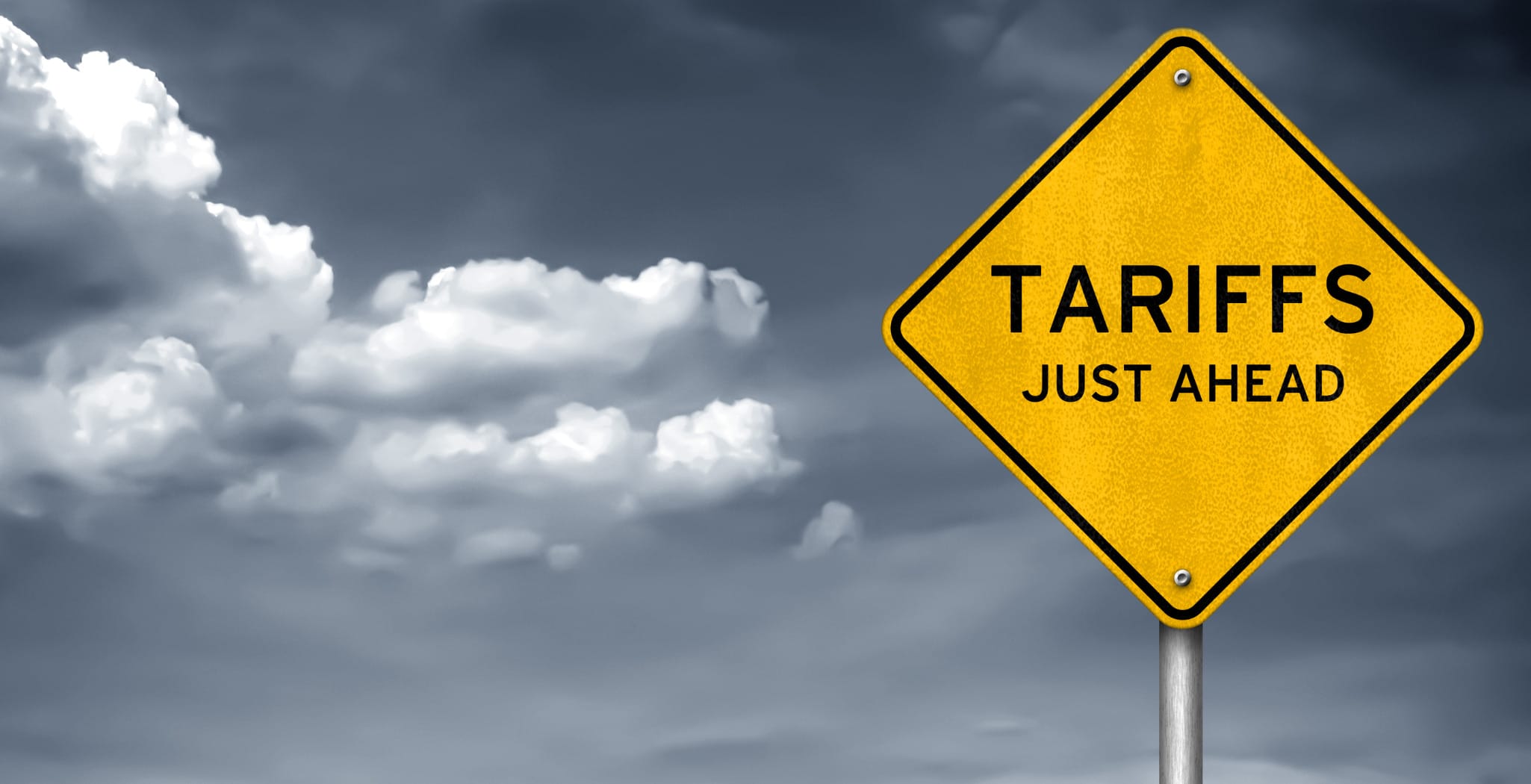Many distributors are facing that crucial question at this point in their business evolution, weighing the decision of what to do with the “date that brought them to the dance.” Early on in most models, distributors leveraged the brands they carried to solidify their position within their target markets. The brands represented the “Seal of Approval” that the DSRs carried in their bag. What do you do however, when there is no longer a national brand requirement on a line where little tangible value is in the brand’s product lines or where a product has become “commodified?” Some national branded companies make the decision easy, exiting the space for a respective line and the margin erosion in a category deems it unprofitable to support a line. However, when the Distributor is held hostage to a certain brand and the brand no longer remains cost competitive, the distributor needs to make a choice. The key is does the distributor have the clout and relationships with their book of business to pull off stocking a private label line of goods to compete with a branded line.
In Modern Distribution Management, Adam Fein discusses the “Pros” of embarking on a private label program. For the branded guys, they had better take note for the Distributors’ leverage is growing as brand support continues to dwindle in non traditional retail channels. BaySource Global www.baysourceglobal.com is working with distributors in various industries such as boating and marine, building products, and agricultural to help them in their strategic sourcing initiatives in China, sourcing items that executives have identified as being lost leaders. Better defined, these are items where there is no brand requirement, yet the actual products are commodities that a distributor must carry for the every day functionality to their customer base.
Questions to ask are:
-
Do we have economies of scale or volumes to justify sourcing direct from China?
-
Do we have someone on board to “champion” the management of offshore sourcing?
-
Are we jeapordizing our business relationship with the branded incumbant in bypassing them to source direct and will this affect my costs on other items?
-
Have we determined realistic target costs for the items that we will take offshore? If we obtain these costs have we factored in other crucial benchmarks such as carrying cost of capital for additional days on hand of inventory, physical plant requirements (storage)?
-
Are items we intend to source directly protected by patents or other measures?
-
Do we have the necessary information to have the product(s) manufactured offshore such as material specifications, quality requirements and standards, ratings, drawings, samples–note this is where resources have to be relegated to championing the project.
Strategy will strengthen but also strain relationships
In his book, Facing the Forces of Change, Adam J Fein, Ph.D discusses the evolution ofPrivate label products—products branded by a wholesaler-distributor—and how they represent a break from the more traditional wholesale distribution approach of reselling manufacturers’ branded products. Facing the Forces of Change®: Lead the Way in the Supply Chain, discusses private label strategies by wholesaler-distributors will expand substantially over the next five years.
Fein asserts that Wholesaler-distributors will need to build new capabilities in manufacturing and design in order to create products with unique, premium benefits. They will also have to select the right opportunities for private labels and manage the new supply chain risks associated with global sourcing.
Today, according to Dr. Fein, “an average, 43 percent of wholesaler-distributors currently sell their own private label products, although there are substantial differences between the six major product types in our study. For example, almost one-half of building materials wholesaler-distributors currently offer private label products, compared to only 23 percent of contractor supplies wholesaler-distributors.” Fein goes on to say “the lower costs and ready availability of overseas sourcing opportunities in Asia and South America accelerate the ability of wholesaler-distributors to get their own value-priced private label products manufactured. About 57 percent of wholesaler-distributors with private labels currently source their private label product from an overseas plant. By 2012, 81 percent of these wholesaler-distributors expect to be sourcing overseas.
According to Fein, Private label products offer three major benefits to wholesaler-distributors:
-
Buy-side margin. Private label products can be priced lower than comparable national brand products, especially when sourced directly from an overseas manufacturer. Since private label products are less expensive to purchase, a distributor can earn a higher margin even when the products are priced at a discount to national brand products. This option simultaneously grows margins for the distributor and aligns the distributor more closely with its customer’s objectives.
-
Sell-side profitability. A wholesaler-distributor’s private label products offer the opportunity for increased profitability by capturing the branded margin that would otherwise flow to an upstream manufacturer. The distributor also gains the ability to control the entire profit stream from production to sale, allowing for more flexible sales compensation models and higher commissions to drive sales. For example, a distributor can reduce the advertising overhead of a national brand manufacturer, especially on certain products for which customers see no value differentiation.
-
Differentiated product assortment. A private label brand name can be exclusive to a wholesaler-distributor and provide a point of differentiation. For example, some wholesaler-distributors find that they can fill gaps in the marketplace by offering the good (value) alternative in a good/better/best hierarchy. Availability can be another point of differentiation. A private label product can be sourced from multiple manufacturing companies and this gives a distributor the opportunity for more consistent product availability than when sourcing from uniquely branded manufacturers.
More can be found in his Facing the Forces of Change®: Lead the Way in the Supply Chain, which is available online from the National Association of Wholesaler-Distributors at (http://www.mdm.com/stories/fein3701.html)
*Pembroke Consulting is not in any way affiliated with BaySource Global or its China office Eastlink Global Ltd.




Follow Us